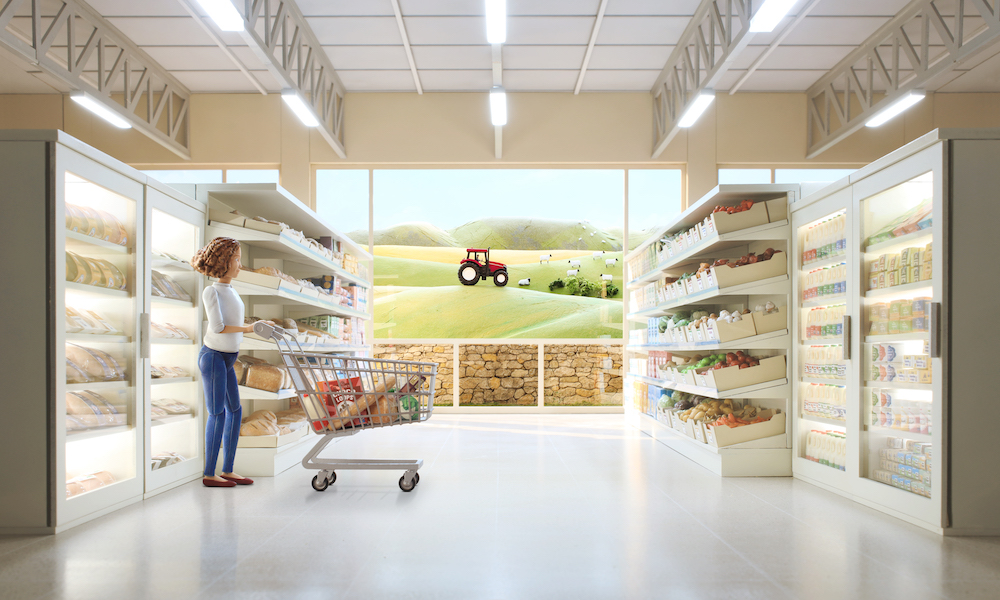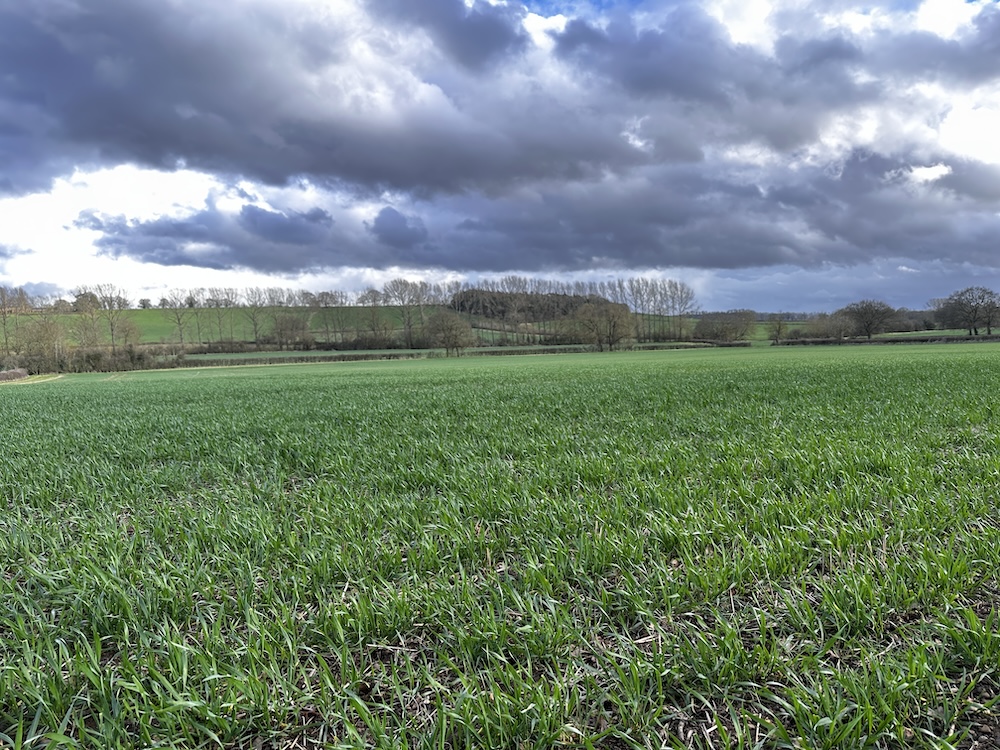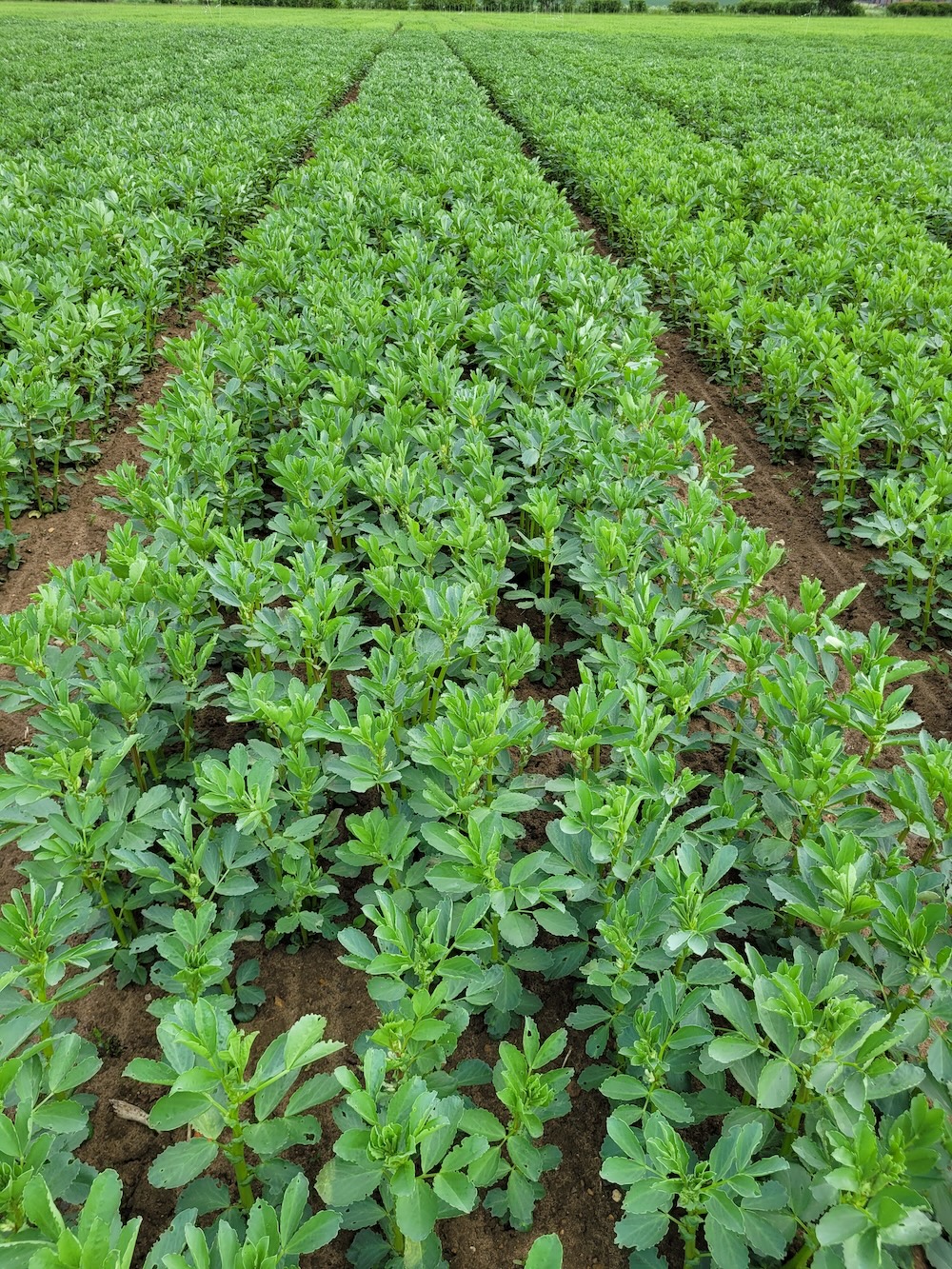
The second Red Tractor “Trust in Food” Index reveals that food from the UK is still more trusted than anywhere else in the world but highlights increased concerns from British consumers as eating and shopping habits change. Key findings include:
- 8 per cent dip in trust in UK food since the first Trust in Food Index as many consumers change shopping habits
- Four in ten shoppers say they don’t trust supermarkets, as people perceive that the quality of food they are buying is declining
- Consumers who switch to value ranges assume that production standards are weaker, despite many of these products being assured to high UK specifications
- 43 per cent of consumers fear that UK standards will be undermined by changing regulations and trade deals
LONDON, 20 July 2022 – New research from YouGov commissioned by Red Tractor and YouGov has revealed a significant drop in consumer trust across almost all British institutions, with food and energy seeing the biggest deterioration since 2021.1
The research, conducted with over 3,500 adults across the UK, found that trust in food has declined by 8 per cent overall, and this increases to 13 per cent for those in skilled, manual employment.2
The swings in trust come as shoppers are forced to change their buying habits because of the cost-of-living crisis. Almost half (46 per cent) of people say they are changing what they buy to feed their families. 30 per cent of consumers are buying less meat, this increases to 35 per cent for those from lower income households. Almost a quarter of shoppers (24 per cent) say they are trading down, buying what they perceive to be food produced to lower food safety and animal welfare standards, which increases to 29 per cent for people on lower incomes. Finally, and worryingly, our research shows that 13 per cent are buying less fruit and vegetables, which again rises to 19 per cent for people with less disposable income.
Last year, 78 per cent of people said they trusted the safety and quality of food purchased from supermarkets. This year, only 58 per cent said they trust supermarkets. The striking 20 per cent change in trust suggests that as people switch and trade down to value ranges, the standards for these ranges are assumed to be weaker. However, when it comes to food and farming, the UK is one of the most regulated countries in the world. The strict regulations on food safety, animal welfare or environmental protection apply to value lines which use assured British produce.
More than half (55 per cent) of shoppers who trust UK food said the UK’s system of high standards and regulation was their number one reason for doing so. Assurance schemes and labelling also play a major role in confidence. Seven out of ten (69 per cent) people look to food marques and assurance schemes to ensure food is safe and produced to a high quality, with British Lion, Red Tractor and Fair Trade the most recognised among consumers. Of those marques, only British Lion and Red Tractor ensure that produce is British.
Christine Tacon, Chair, Red Tractor, said:
“With the impact of the war in Ukraine and the cost-of-living crisis taking hold, it’s no surprise that confidence in so many aspects of daily life has fallen. While British food continues to be highly trusted, our latest Trust in Food Index shows that as people are forced to trade down into cheaper products, they lose confidence in the way the food is produced.
“That’s understandable – but it’s also unnecessary. Whilst some shoppers now struggle to afford the prime cuts and choice ingredients, if they buy assured British food, the strict regulations on food safety, animal welfare and other aspects of food production, apply equally to value ranges as they do to premium products. We must tackle this before the drop in trust becomes toxic, by making it clear to people doing their shopping.
“Identifying products as assured through schemes like Red Tractor or British Lion can address people’s perception that “cheaper means lower standards. Retailers should play their part by adopting food assurance marques on all applicable value ranges.”
“As an industry we must work together to reassure people that whatever their price range, they can be confident in the standards and safety of food produced in the UK- people should never have to choose between price and food safety”.
Sir Robert Goodwill, MP for Scarborough and Whitby and Chair of the Environment, Food and Rural Affairs Committee, said:
“This report provides valuable insights into the impact that the pandemic, war in Ukraine and the rising cost of living are having on the choices the public face when they buy food – and the trust they have in those choices.
“It is encouraging to see that despite these pressures, overall trust in UK food remains high. This reflects the excellent quality of UK produce and the high animal welfare, safety and environmental standards our food is produced to.
“As the Government looks to grapple with the increased costs that our food producers and consumers face – and the impact this is having on our food security – we may have to revisit the balance we strike between the food we import and the food we grow ourselves. If we are to seek to grow more food ourselves, it will be vital to maintain trust in the UK food system and to ensure that no one has to compromise standards for price. The Red Tractor scheme plays an important role in raising the public’s awareness that our food is produced to high standards.”
Andrew Opie, Director of Food and Sustainability, said:
“Customers are more price focused than ever but still expect retailers to deliver high standards in animal welfare and the environment. Red Tractor addresses that challenge, ensuring high standards of UK food production, whilst delivering on value.”
Farmer performance
Overall trust in the role of famers in the food chain remains high4, at 77 per cent. However, this has declined since the first report, with just over half (52 per cent) of people believing that farmers are performing well on animal welfare, compared with six out of ten (59 per cent) of people last year. Consumer also perceive that the farmers are not performing well on issues around climate change, fertilisers, food and plastic waste.
Sustainability and welfare
Consumers continue to care about high welfare standards and sustainable production, with three quarters (75 per cent) of consumers saying they value good animal welfare standards. Two thirds of people value reducing plastic waste (64 per cent) and low use of chemical fertilisers (60 per cent), in the production of their food, with 49 per cent of shoppers saying that labelling which indicates that a product is sustainably farmed would positively influence their buying decisions in a supermarket or restaurant.
However, the research also found that many consumers do not understand a lot of the terminology relating to farming methods or sustainability. While two thirds of people said they could explain what organic means, 5 only half (49 percent) of respondents said they felt confident explaining terms such as room to roam.
Brexit and trust outside the UK
In other findings, the Index found that people believe Brexit is having an impact on food – 26 per cent of respondents said they felt the quality of food in the UK has been falling over the last two years.
Furthermore, 43 per cent of consumers believe that new trade deals will reduce standards of food in the UK further. The U.S. and India – both countries the Government is seeking trade deals with – have very low levels of trust. 27 per cent and 18 per cent of consumers trust food that originates in those countries respectively.6
At the other end of the spectrum, Ireland and New Zealand are the most trusted countries for imported food among survey respondents, followed by many European and Nordic countries, such as Italy, Sweden, Denmark, Netherlands, and Germany. The Index found that 58 per cent of consumers look at the country of origin before buying a product.
ENDS
Tables
- To what extent do you trust in the following?
| Trust in organisation – 2022 | Trust in organisation – 2021 | |
| Water from the tap | 79% | 81% |
| NHS care | 76% | 81% |
| UK food | 73% | 81% |
| Local authority services i.e. bin collection | 64% | 67% |
| Road safety | 58% | 60% |
| Mobile phone networks | 54% | 58% |
| Public transport | 52% | 55% |
| Policing | 50% | 56% |
| The legal system | 46% | 49% |
| Financial service companies i.e. banks, insurance | 41% | 41% |
| Newspaper, radio and television news | 32% | 30% |
| Gas and electricity supplies | 36% | 70% |
- Levels of trust in food by household income and social group
| Level of Trust | |
| Household Income | |
| Lower income | 72% |
| Middle income | 75% |
| Higher income | 76% |
| Social group | |
| AB | 77% |
| C1 | 73% |
| C2 | 72% |
| DE | 70% |
- With the cost of food increasing, what impact is this having on your purchasing decisions? (New question for 2022)
| None – I am buying the same products I usually buy | 54% |
| I am buying less meat | 30% |
| I am buying lower quality products | 24% |
| I am buying less fruit and vegetables | 13% |
| I am buying less British food | 7% |
- How well do UK farmers perform?
| 2022 Net well | 2021 Net well | |
| Animal Welfare | 52% | 59% |
| Contributing to their local communities | 41% | 52% |
| Impact on local landscape | 41% | 50% |
| Impact on local wildlife | 35% | 42% |
| Looking after farm workers | 30% | 40% |
| Reducing food waste | 29% | 34% |
| Reducing plastic waste | 23% | 27% |
| Use of antibiotics in livestock | 23% | 30% |
| Use of chemical fertilisers | 20% | 25% |
| Impact on greenhouse gas emissions | 23% | 27% |
- Which of the following terms do you fully understand? By fully understand, we mean you could confidently explain the term to a family member or friend. (New question for 2022)
| Free-range | 77% |
| Organic | 65% |
| Grass-fed | 63% |
| Corn-fed | 56% |
| Room to roam | 49% |
| Non-GMO | 42% |
| Sustainable farming | 40% |
| Regenerative agriculture | 13% |
| None of the above | 14% |
- To what extent do you trust the food that originates in the following countries:
| Country | Net. Trust 2022 | Net. Trust 2021 |
| Ireland | 74% | 73% |
| New Zealand | 69% | 70% |
| Italy | 67% | 67% |
| Sweden | 66% | 67% |
| Denmark | 65% | 66% |
| Netherlands | 65% | 66% |
| Germany | 65% | 67% |
| Canada | 62% | 61% |
| Spain | 61% | 60% |
| France | 60% | 62% |
| Australia | 58% | 58% |
| Poland | 45% | 43% |
| Japan | 44% | 41% |
| Argentina | 29% | 30% |
| Brazil | 23% | 24% |
| USA | 27% | 25% |
| Kenya | 22% | 25% |
| India | 18% | n/a |
| China | 11% | 11% |




